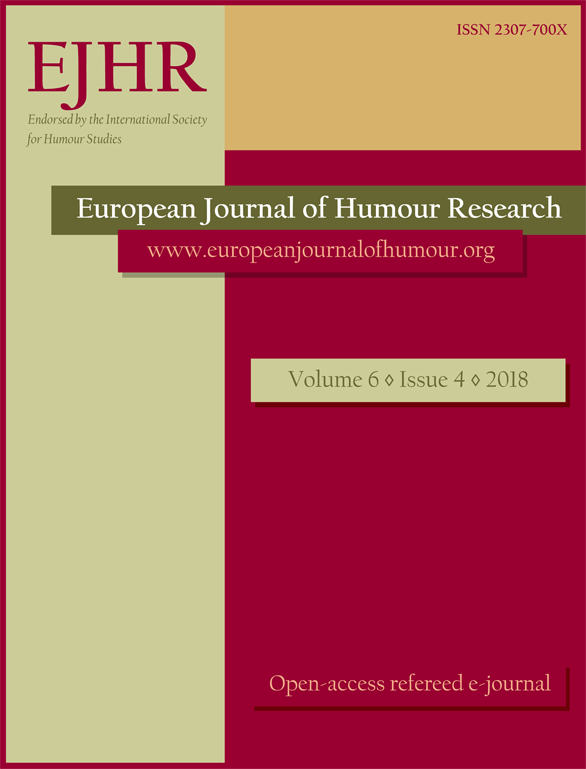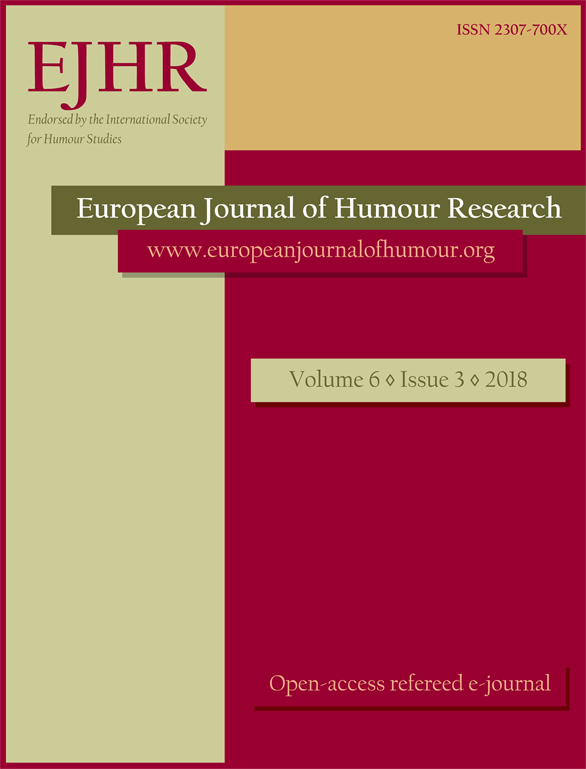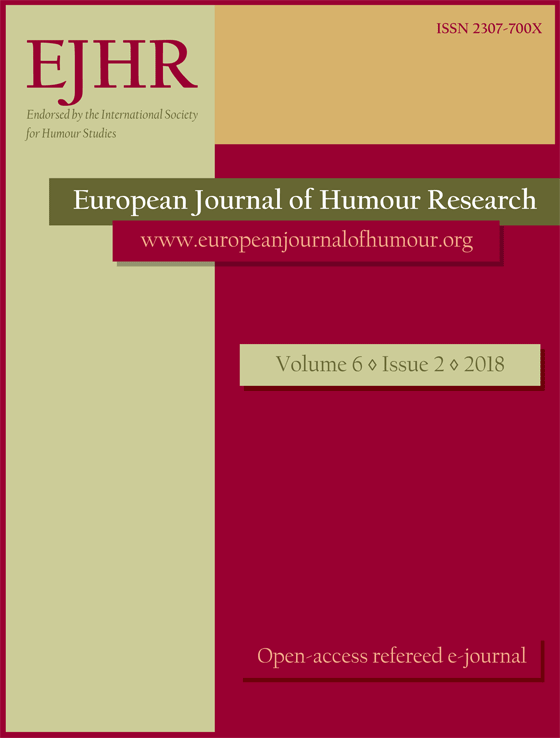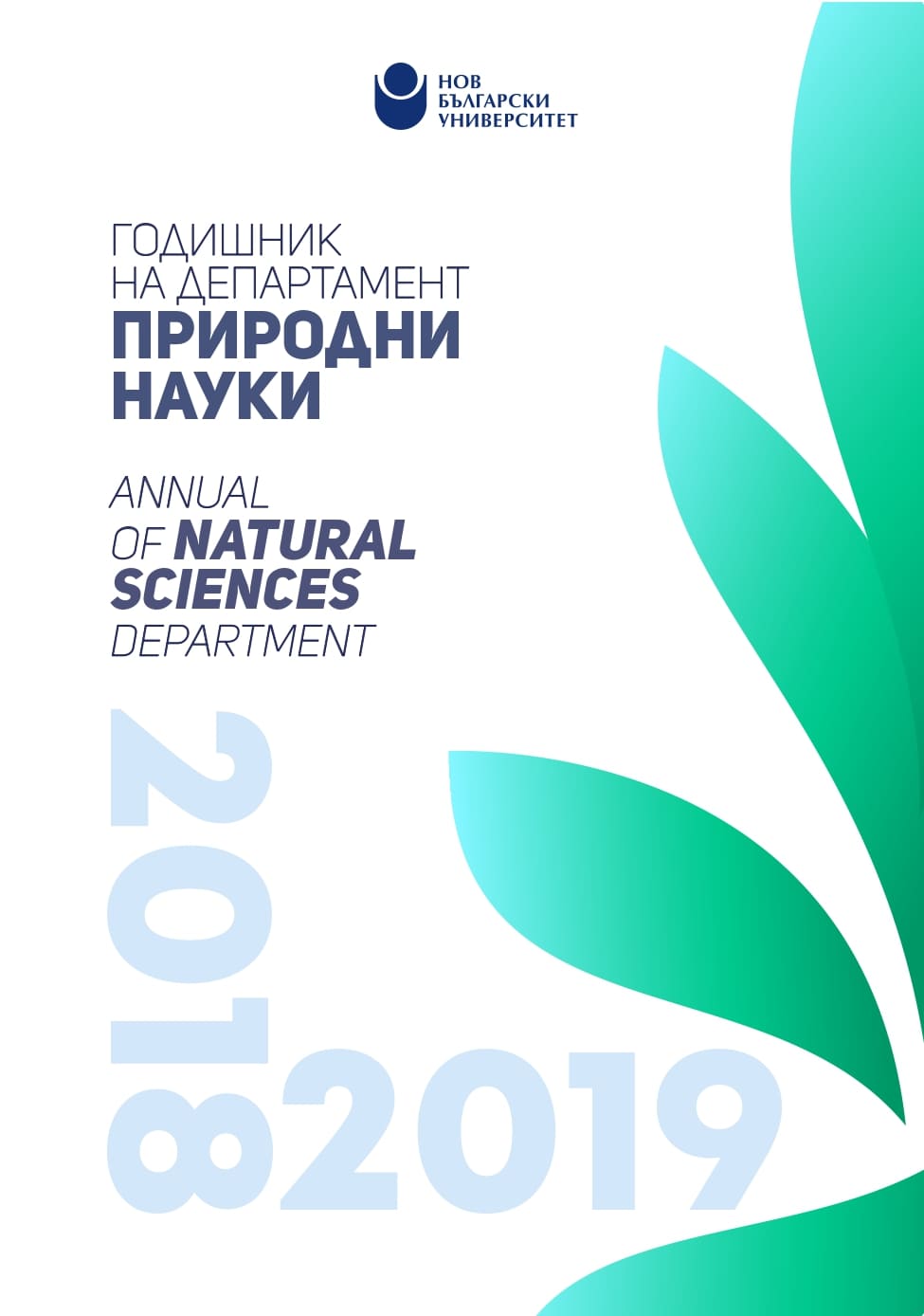
Narrating self and topicality in AY and Elenu’s stand-up comedy
The narrative pattern and discursive strategies of stand-up comedy in Nigeria reveal sometropes and motifs that are contemporary to the socio-political realities of the country. Thesenarrative/discursive strategies demonstrate three discourse types: salutation/greetingdiscourse, reporting discourse, and informing discourse. With these discourse types, stand-upcomedians use themselves as the victims of the jokes in order to evoke laughter in the audience.The performances of stand-up comedy, however, have not been accorded due recognition ofthe functional arts that can be used to critique the failure of the ruling elite in the NigerianState. This is because stand-up comedy is class-selective and occasion-driven. To evokelaughter in the audience and to comment on the reality of existence, stand-up comediansdeploy language aesthetics, kinesics, and atmosphere. The modal transition from pure oralstage to the technological phase of performance informs the conceptualisation of mediamediated performance (MMP) through recorded VCDs/DVDs and social media. Data on thestand-up comedy of AY and Elenu are collected through media mediated performances (MMP)on VCD. Data on the subject matter, topicality, and discursive strategies of AY and Elenu’s(who are among ace stand-up comedians in Nigeria) jokes are analysed and discussed. Withthe subject matter and topicality of the jokes, this paper suggests that stand-up comedyperforms the utilitarian functions of literary and performing arts. It entertains, moralises,satirises, and educates members of heterogeneous audiences on some values and ethos of thecontemporary Nigerian society.
More...


